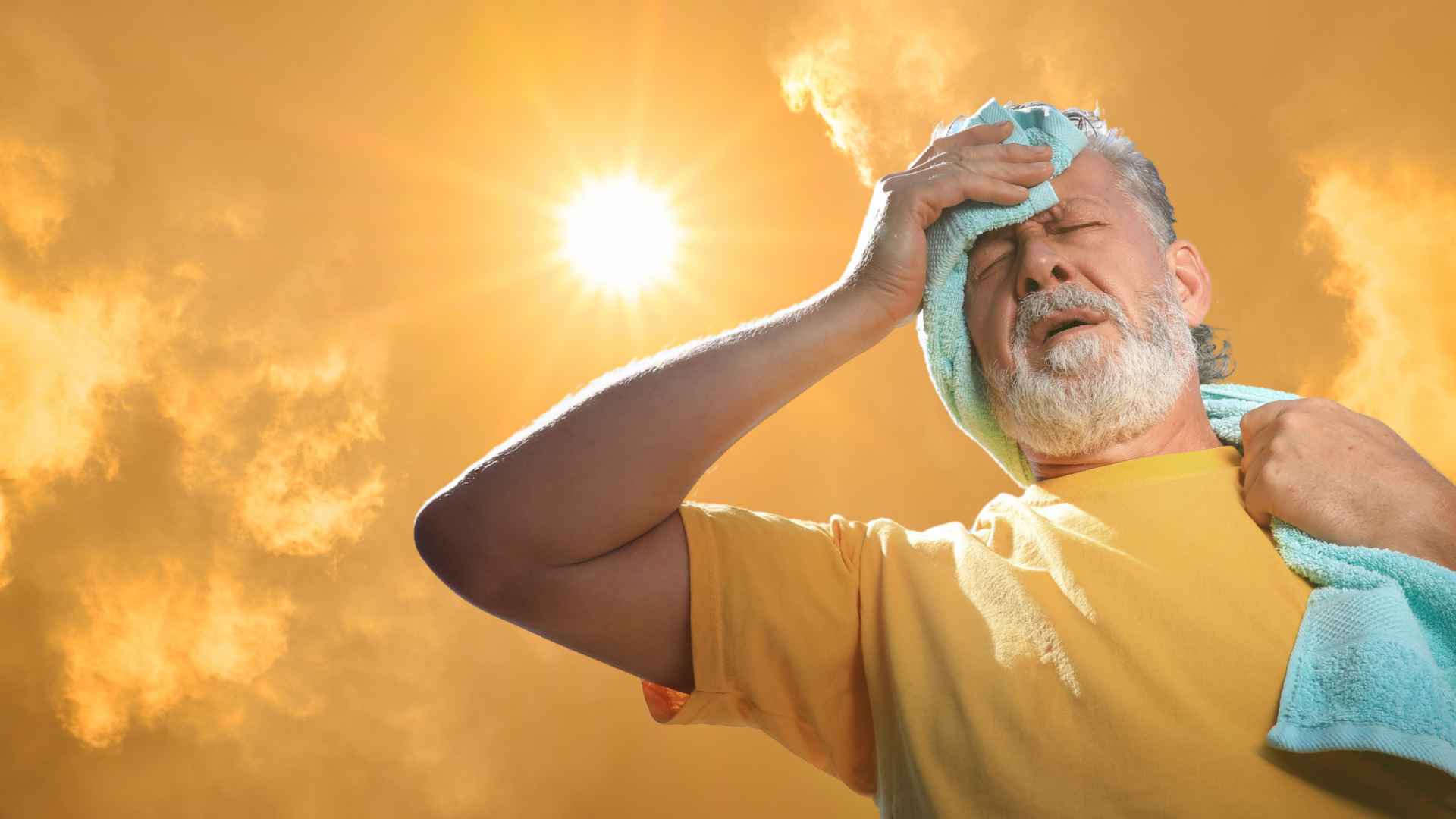Federal and state aid aims to keep low‑ and middle‑income families safe. While record temperatures bake much of the nation, Washington has joined several states in urging residents to tap emergency energy aid before the next heat dome settles in. The main lifeline is the Low Income Home Energy Assistance Program (LIHEAP), but other local funds can step in when LIHEAP dollars run out.
Who stands to benefit? Anyone struggling to keep the air conditioning humming without draining the checking account—especially seniors, families with young children, and people with chronic health issues.
Heat assistance deadlines vary widely, and missing them could cost you
Because each state runs LIHEAP on its own calendar, timing is everything. Southern states such as California, Texas and Nevada accept cooling applications year‑round, yet their allocations disappear fast once triple‑digit days pile up. In contrast, many mid‑Atlantic and Midwest jurisdictions open a brief spring window and then shut the door until fall.
| State group | First day to apply | Notes |
|---|---|---|
| Year‑round (CA, DC, NV, OR, TN, TX) | Anytime | Funds deplete quickly—apply early |
| Early birds (HI, AZ*, FL, GA) | Mar 1 – Apr 1 | *Arizona dates vary by county |
| Heat‑only launch (AL, DE, KY, MS, SC) | May 1 | First‑come, first‑served |
| Peak‑summer start (AR, OH, OK) | Jul 1 – 15 | High depletion risk |
States with no set cooling track—Illinois, North Dakota and Louisiana—redirect unused heating money once thermometers spike.
Gather these essential documents now to speed up your LIHEAP application
Most agencies ask for proof of income, a recent utility bill and identification for every household member. Sound like a hassle? Maria Reyes in Phoenix received a replacement AC unit within 48 hours last July after hers failed during a 110‑degree stretch.
Some aid beats none, yet critical coverage gaps remain, experts warn. Doctors and advocates say coverage still ends too early in places like Virginia (August 15 cutoff) or kicks in only if leftover money exists, as in Nebraska. “We see ER visits jump when the funding shuts off,” notes Richmond emergency physician Dr. Evan Singh. Activist Luis Mendez adds, “This isn’t about comfort—it’s about making sure a 78‑year‑old on fixed income survives September.”
Steps to stay ahead of the heat
- Apply the moment your state window opens
- Ask about free window units if your system is failing
- Enroll in utility budget‑billing to smooth out monthly shocks
- Check city cooling centers for backup relief
Extreme heat is here to stay, but energy assistance can keep it from becoming a silent killer. Verify your state’s timetable, gather your documents, and file before the next heat wave rolls in. Your family—and your wallet—will thank you.

